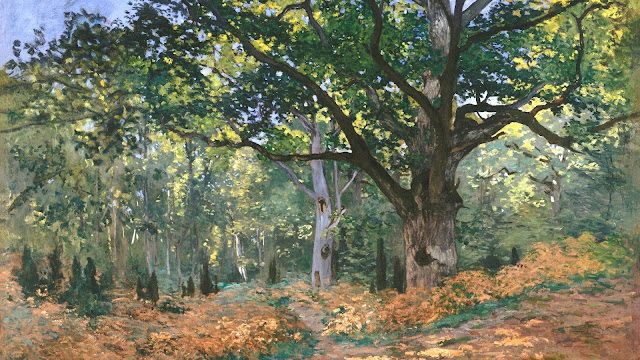I'm writing some short stories. You want to know how it's going?
Well, I'm loving it. I've found a writer that I'm totally in love with and he's helping me out - a lot. Raymond Carver. You're left to fill in some blanks. It's like a make your own adventure story, but much more satisfying.
Right now, I'm barrelling through another Carver collection. Often times, I come to the end of one of his stories, and think, Is this really the ending? For example, in the story, "What We Talk About When We Talk About Love," the end [spoiler alert!] has everyone sitting around in the dark, in the quiet - and you can hear their hearts beating. And I'm thinking, What an unusual ending. And then I'm thinking, I just love this. He finds a way to tell something as truthfully as possible and that's so deeply wonderful. For example, in another story, Carver has one of his characters, the husband, being kicked out of his wife's house. It ends with the husband saying, "I just want to say one more thing." But then the husband can't think what more to say. Fantastic. I mean you have to read Carver to believe how good he is. I only wish Carver had written more. I'm going to have to just keep rereading his collections. He's like a serious lifeline to writing. Don't know how I ever lived without him.
A good majority of Carver's stories always seem to be about a couple breaking up. And he can really capture that kind of moment. But with Carver, even though there are repetitive themes, the writing is always very alive and I never get bored. He liked fishing and drinking - so those motifs show up often as well. Although drinking is really the mainstay motif.
Oddly, even though a lot of his stories, if not all his stories, are dark, they never depress me. He has such a good eye, such good observations, that the reader is somehow lifted up. Perhaps Carver was sensitive to readers and knew how to go to dark places without obliterating them. Yes, I want an emotional read, but I don't much like being devastated.
I still remember reading Angela's Ashes, by Frank McCourt. On page 113, I had to put the book down and abandon it all together. I was bawling my eyes out. McCourt can write - but don't kill me in the process - please and thank you.
Anyway, Carver is like a teacher. I read one of his stories and then I can see where one of mine is going wrong. I try to go for the gusto. Try to stay true to the story. It's a process. I have my own Gordon Lish to help me too (minus the scandals). I have a new fiction editor/mentor that's really helping me along. I sent him one of my stories the other day, via email. Gotta work on the ending, he tells me. Yes I do. That one's been shelved for the moment. Just finished another short story though and I really worked on that ending. Endings are very challenging. It seems to me, if I can get the ending right, it organizes the whole piece in some way, and then I can see where else I might have gone wrong and what to tweak.
Short story writing feels like a juggling act. It takes some work to get all the balls in the air. I can seriously see that novel writing is something that will have to happen way in the future somewhere. Or possibly next lifetime. Or maybe all I have to do is find that one fantastic novel that can teach me. They say reading is the best way to learn to write. Any novel suggestions?



